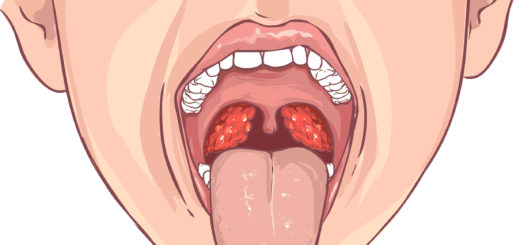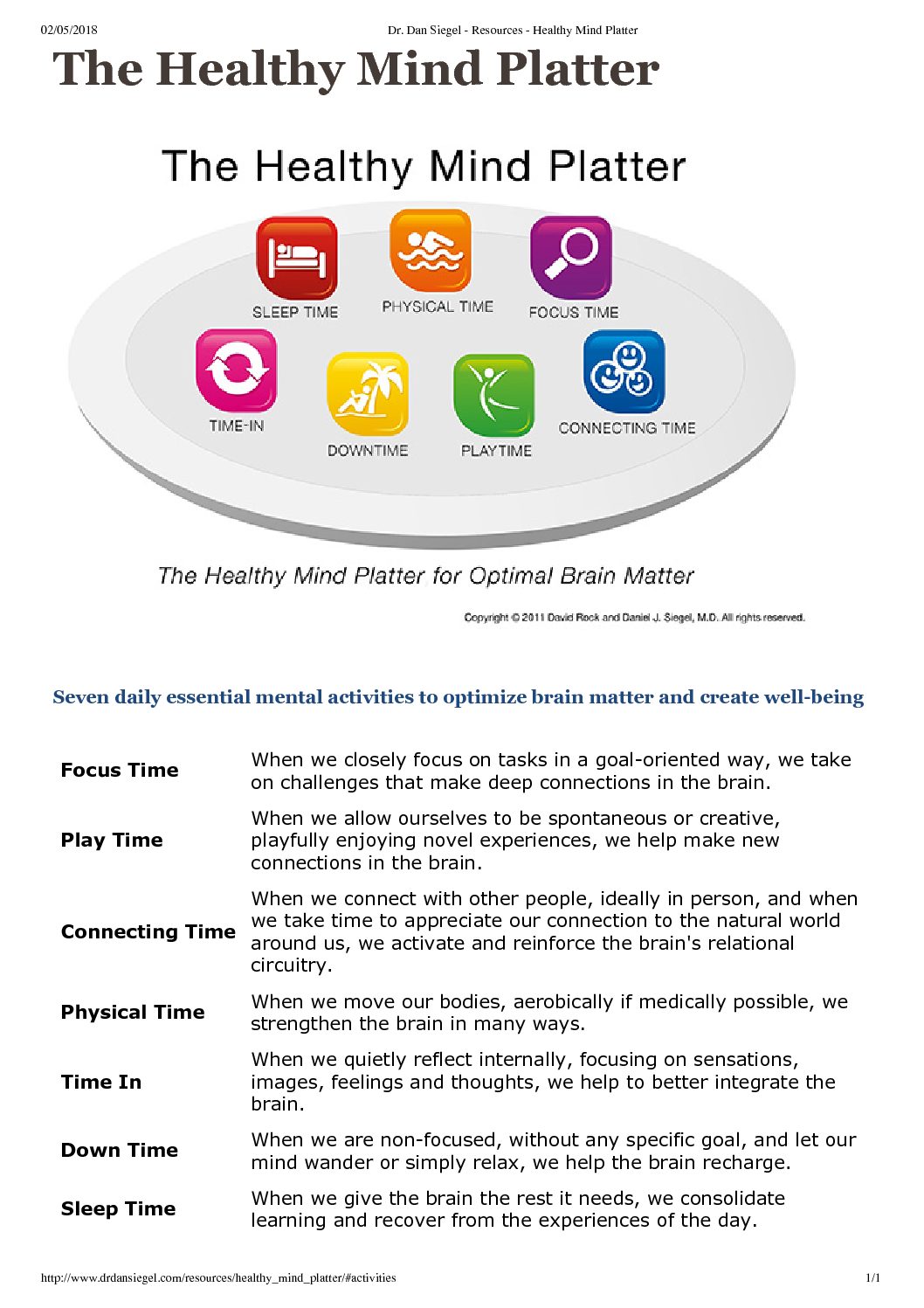Is Your Family Fully Protected Against Meningococcal Meningitis?

To be fully vaccinated against meningococcal meningitis you must have been immunised against 5 different strains; the A,C,W,Y & B strains. From 2003 to 2018 Australian 1 year-olds were routinely vaccinated against the C strain only (state variations exist). Since 2018 this was upgraded to the ACWY vaccine. However, vaccination against the most common strain of meningococcus, the B strain, is not included in the routine schedule. It can be purchased privately for around $120 per dose. It is strongly recommended families check with their GP what vaccinations they have previously received and consider vaccination against all 5 strains including the B strain.
What is meningitis?
Meningitis is an infection of the lining of the brain (the meninges). It is caused by a variety of infectious agents including bacteria and viruses. Some are less severe than others. Meningococcal meningitis is one of the most severe. Meningococcal bacteria release toxins that can damage the meninges and brain or the lining of blood vessels causing meningitis, sepsis (‘blood poisoning’) and shock. It can be rapidly fatal, result in brain damage, disability and sometimes amputations.
What are the signs of meningococcal disease?
The signs of meningococcal disease are can be variable and subtle. For this reason, the disease can be difficult to diagnose but the classical presentation includes:
- Fever
- Headache
- Vomiting
- Drowsiness
- Neck stiffness
- Light sensitivity
- Rash
- Stomach pain, nausea, diarrhoea (less common)
- Generalised aches or limb pain
The rash is caused by bleeding into the skin resulting in blotches of various sizes that can progress quickly. The rash typically does not blanch with pressure like when a glass jar is placed onto the skin with some pressure. However, this is not universal. Sufferers tend to become seriously ill quite rapidly.
Who gets meningococcal meningitis?
Meningococcal disease is serious but thankfully not common with only several hundred cases reported per year in Australia. It is more common in winter and early spring and can occur sporadically or in epidemics. Anyone can contract the disease but it is more common in under 5-year-olds and 15 to 24-year-olds.
What can be done to protect against meningococcal disease?
There are several vaccines available providing protection against different strains of meningococcus.
From 2003 to 2018, Australian 1 year-olds had been vaccinated against the meningococcus C strain (only) as part of the routine national immunisation program.
Since 2018, 12-month-olds received the ACWY vaccine. There are variations from state to state including Queensland, where teens aged 15-19 years were provided with ACWY vaccination since 2017 (Australia-wide since 2019).
However, Meningococcal B is the predominant strain in Australia. There is a vaccine available against the B strain, but it is not funded by the government. It costs about $120 per dose and two doses are usually required, separated by 2 months (3 doses if under 12 months of age). Some private health insurers will refund part of the cost of the vaccine depending on your policy. The meningococcal B vaccine is a little more likely to cause a fever, sore arm and make you feel lethargic for a couple of days.
It is strongly recommended families consider vaccination against all 5 strains including the B strain if you are able to afford it. Please check with your GP what vacinations your children have previously received to ensure they are fully covered. The government is currently giving consideration to including the B vaccine in the routine immunisation schedule.















